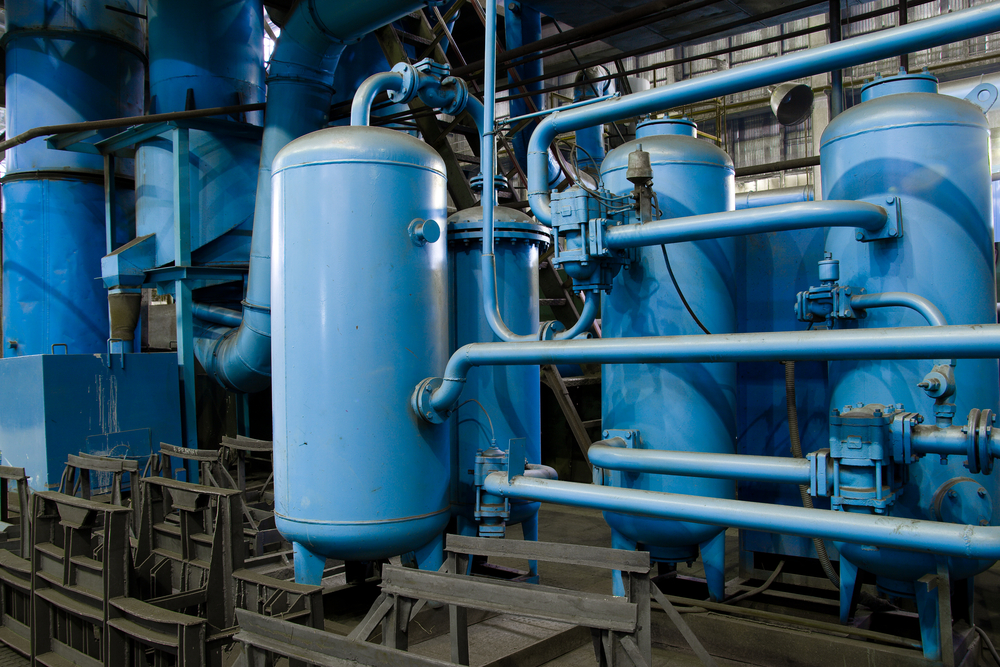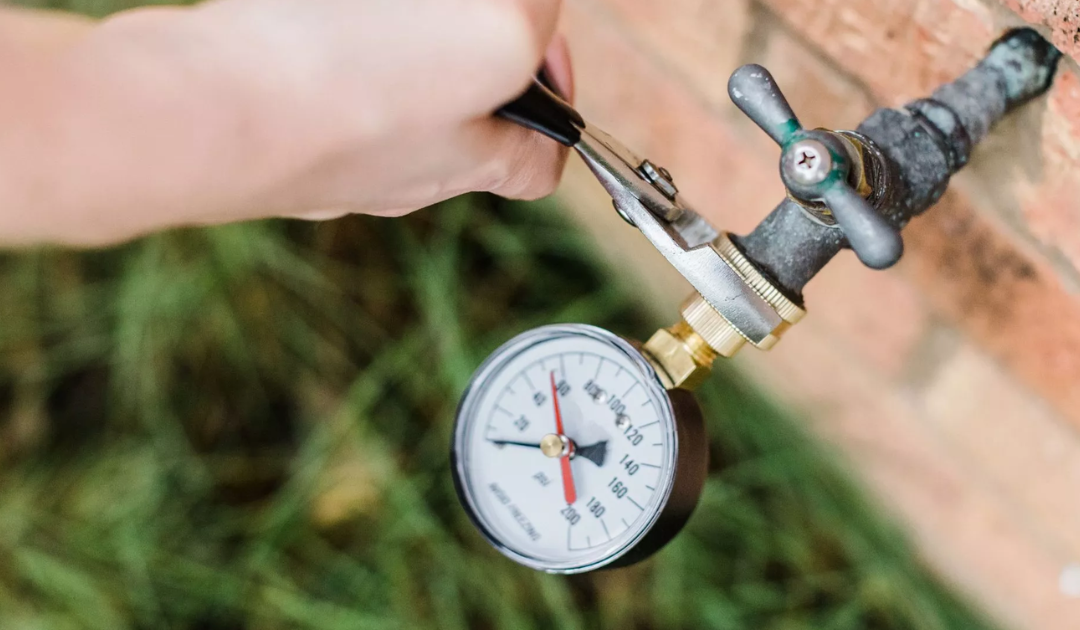What're your thoughts concerning 9 Reasons for Low Water Pressure in Your House?

Low water stress in your house can be a discouraging problem, influencing whatever from showering to cleaning dishes. If you're experiencing weak water flow, there are numerous possible reasons and solutions to check out. In this overview, we'll discuss typical factors for low water pressure and practical actions to deal with the issue effectively.
Intro to Low Water Pressure
Low tide pressure takes place when the flow of water from your faucets, showers, and other components is weak than normal. This can make everyday jobs more difficult and less effective. Recognizing the reasons for low water stress is crucial to discovering the appropriate option.
Typical Reasons For Low Tide Pressure
Pipeline Obstructions
In time, pipelines can end up being clogged with natural resource, sediment, or particles, restricting the flow of water. This is an usual problem in older homes with galvanized steel pipelines.
Rust
Deterioration within pipes can lead to leaks and decreased water pressure. Corrosion accumulation can tighten water flow, especially in maturing plumbing systems.
Faulty Pressure Regulatory Authorities
Stress regulatory authorities are accountable for maintaining regular water pressure in your home. If they malfunction, it can cause low tide pressure or unequal circulation throughout your home.
Local Water System Issues
In some cases, the trouble lies outside your home. Metropolitan supply of water problems, such as main line leaks or maintenance work, can briefly reduce water stress in your area.
Just How to Detect Low Water Stress
Inspecting Taps and Fixtures
Begin by evaluating the water stress at different taps and components throughout your home. If the concern is separated to certain areas, it might show localized issues.
Evaluating Pipes
Inspect visible pipelines for indications of leaks, rust, or blockages. Pay attention to any kind of unusual audios, such as knocking or rattling pipes, which could show issues within the plumbing system.
Consulting with a Plumber
If you're unable to pinpoint the cause of low water stress, think about employing an expert plumber to perform a thorough evaluation. They can recognize underlying problems and recommend suitable solutions.
DIY Solutions to Deal With Low Tide Stress
Cleaning Up Aerators and Showerheads
Mineral deposits can gather in aerators and showerheads, reducing water flow. Eliminate and clean up these elements on a regular basis to enhance water pressure.
Flushing Hot Water Heater
Sediment accumulation in the hot water heater can limit circulation and reduce effectiveness. Flushing the container regularly aids remove sediment and preserve optimum efficiency.
Inspecting Pressure Regulatory Authority
Make certain that the pressure regulatory authority is working appropriately. Changing or changing the regulator can help recover proper water pressure throughout your home.
Cleaning Clogs in Water Lines
For small clogs, try making use of a plumbing serpent or chemical drain cleaner to clear blockages in pipes. Be cautious when using chemicals and adhere to safety and security guidelines.
When to Call a Professional Plumber
If do it yourself initiatives stop working to deal with the concern or if you presume significant plumbing troubles, it's ideal to look for support from a licensed plumber. They have the knowledge and tools to address complex problems safely and successfully.
Preventive Measures to Maintain Water Stress
Normal Maintenance
Schedule regular upkeep for your plumbing system to avoid concerns such as deterioration, leaks, and clogs. Addressing minor issues early can assist stay clear of even more substantial repairs in the future.
Installing a Stress Booster
Think about mounting a pressure booster pump to improve water stress in areas with continually reduced flow. This can be particularly beneficial for multi-story homes or residential or commercial properties with high-demand fixtures.
Monitoring Water Usage
Bear in mind water use routines and avoid overtaxing the plumbing system. Basic adjustments, such as astonishing showers and laundry lots, can aid preserve sufficient water pressure.
Verdict
Dealing with low water stress can be frustrating, however recognizing the underlying reasons and implementing appropriate options can bring back optimal flow throughout your home. Whether it's cleansing aerators, inspecting pipelines, or talking to a plumber, taking aggressive actions can guarantee a stable supply of water for your everyday demands.
How to Fix Low Water Pressure In Your Home
Municipal Water Supply Issues
Scheduled maintenance, high demand, and water main breaks are all potential causes for low water pressure within a city or county’s water lines. While there’s not much you can do to personally fix a problem with your city or county’s water supply system, you can play a big role in documenting the issue and alerting those who can.
How to fix it:
Ask your neighbors if they are experiencing any issues with low water pressure. If multiple homes are affected, it’s likely related to the city’s water line.
Contact the local Water Authority to see if there is any maintenance taking place that might be affecting your supply. Also let them know of your specific issues. If other homeowners report the same issues, they’ll know that there could be a larger issue to look into.
Faulty Fixtures
A damaged or clogged shower head, faucet or appliance is the first thing we’d suggest checking, especially if low water pressure appears to be isolated to a specific area of your home.
How to fix it:
First, turn off the main water supply to your home.
Check the affected appliances for build-up or debris. In the case of a faucet, you can simply unscrew the aerator at the tip of the faucet. Showerheads should be fully detached from the water pipe.
While the appliances are detached, you may want to check the water supply to determine if the fixtures were in fact the issue.
To clean, soak the showerhead or aerator in vinegar and brush off any visible debris.
Reattach the fixtures and check the water pressure again. If it is still low, there is likely a deeper issue at hand, which can be determined by a professional plumber.
Pipe Obstructions
Mineral deposits, rust or other debris within water pipes can lead to blockages or corrosion over time.
How to fix it:
When you think of a clog, you probably think of a drain clog. While there are many DIY solutions to clearing a drain, clogs in a water pipe will almost always require the help of a professional plumber. A plumber will be able to locate the affected pipe and clean out any debris or mineral deposit buildup. In severe cases, the pipe may need to be replaced. Your plumber might also recommend a water softening system to remove the minerals from your home’s water supply that can contribute to pipe blockages over time.
Plumbing Leak
Undetected water line leaks can divert water away from your residential pipes, reducing the water pressure in your fixtures.
How to fix it:
Check your water meter by turning off all water sources and monitoring the meter for any movement, which could be a clear indicator of a potential leak.
Check all visible pipes for signs of leaking, including water stains, active dripping or damp spots around the pipe.
Inspect fixtures, including faucets and showerheads, for any drips.
Test the pressure but recording the pressure with the main water valve shut off. Leave off for a few hours and test again. A significant drop in pressure is a clear sign of a leak.
https://kiddcoplumbing.com/plumbing-blog/how-to-fix-low-water-pressure/

How to Fix Low Water Pressure In Your Home
Municipal Water Supply Issues
Scheduled maintenance, high demand, and water main breaks are all potential causes for low water pressure within a city or county’s water lines. While there’s not much you can do to personally fix a problem with your city or county’s water supply system, you can play a big role in documenting the issue and alerting those who can.
How to fix it:
Faulty Fixtures
A damaged or clogged shower head, faucet or appliance is the first thing we’d suggest checking, especially if low water pressure appears to be isolated to a specific area of your home.
How to fix it:
Pipe Obstructions
Mineral deposits, rust or other debris within water pipes can lead to blockages or corrosion over time.
How to fix it:
When you think of a clog, you probably think of a drain clog. While there are many DIY solutions to clearing a drain, clogs in a water pipe will almost always require the help of a professional plumber. A plumber will be able to locate the affected pipe and clean out any debris or mineral deposit buildup. In severe cases, the pipe may need to be replaced. Your plumber might also recommend a water softening system to remove the minerals from your home’s water supply that can contribute to pipe blockages over time.
Plumbing Leak
Undetected water line leaks can divert water away from your residential pipes, reducing the water pressure in your fixtures.
How to fix it:
https://kiddcoplumbing.com/plumbing-blog/how-to-fix-low-water-pressure/
I am very fascinated by 10 Reasons for Low Water Pressure in Your House and I really hope you appreciated the entire blog entry. Do you know about another person who is truly interested in the subject? Do not hesitate to promote it. Thanks so much for your time invested reading it.
Click Here